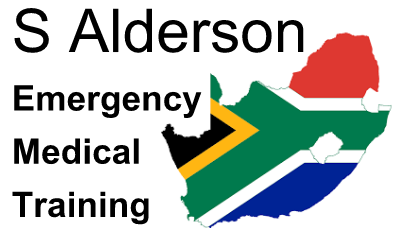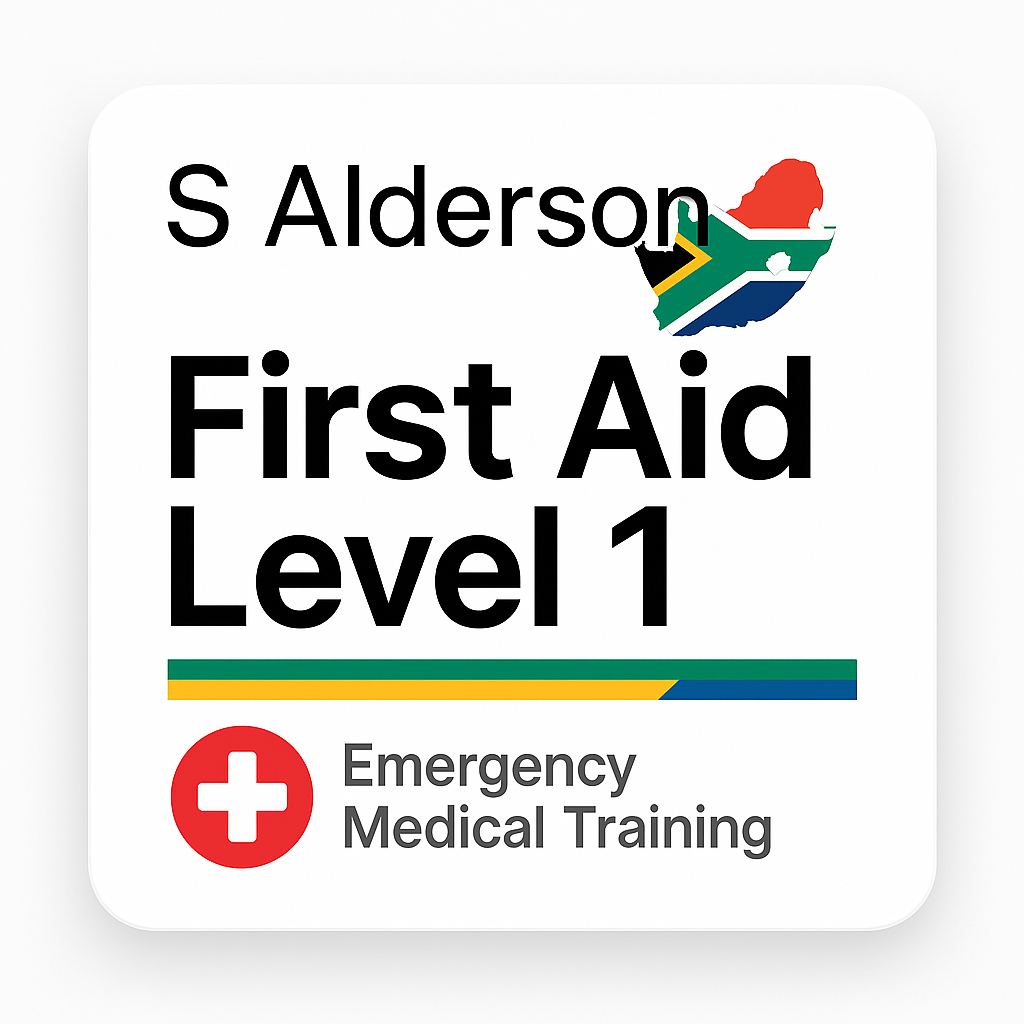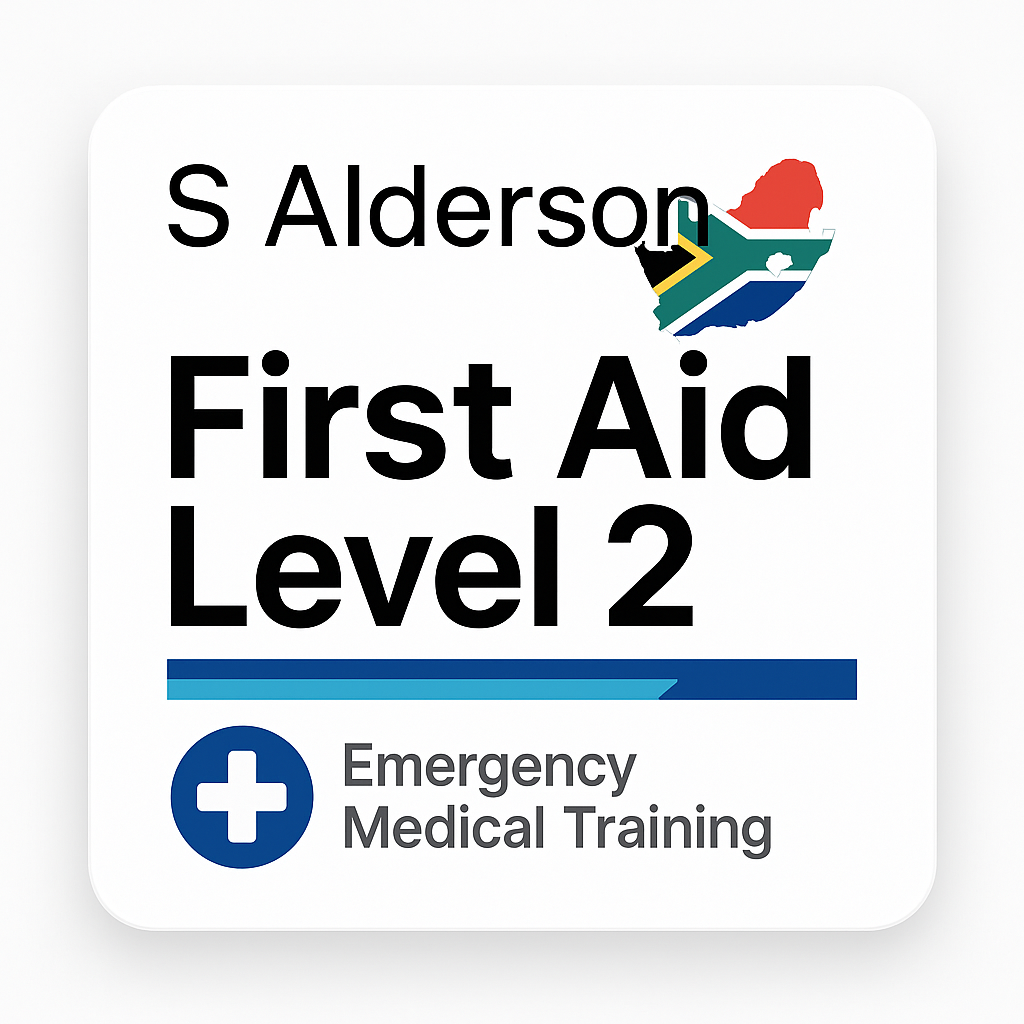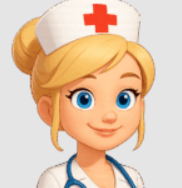US 119567 — Basic First Aid (Level 1) • Professional Curriculum
A practical, confidence-building journey through scene safety, life-saving basics, and hands-on care for the most common medical and trauma emergencies. Designed for workplace compliance and real-world readiness.
8 Modules
10 Weeks
28 Lessons*
Immediate access • Mobile friendly • Certificate on completion
* Module breakdown below lists current lesson counts; totals may vary as content is updated.
What you’ll master
No prior medical experience required. Ideal for workplaces, coaches, teachers, parents, and community leaders.
US 119567 — Basic First Aid (Level 1) • Professional Curriculum
A practical, confidence-building journey through scene safety, life-saving basics, and hands-on care for the most common medical and trauma emergencies. Designed for workplace compliance and real-world readiness.
8 Modules
10 Weeks
28 Lessons*
Immediate access • Mobile friendly • Certificate on completion
* Module breakdown below lists current lesson counts; totals may vary as content is updated.
What you’ll master
No prior medical experience required. Ideal for workplaces, coaches, teachers, parents, and community leaders.
Related products
R860.00
Get in touch
Call us directly?
Nelspruit



